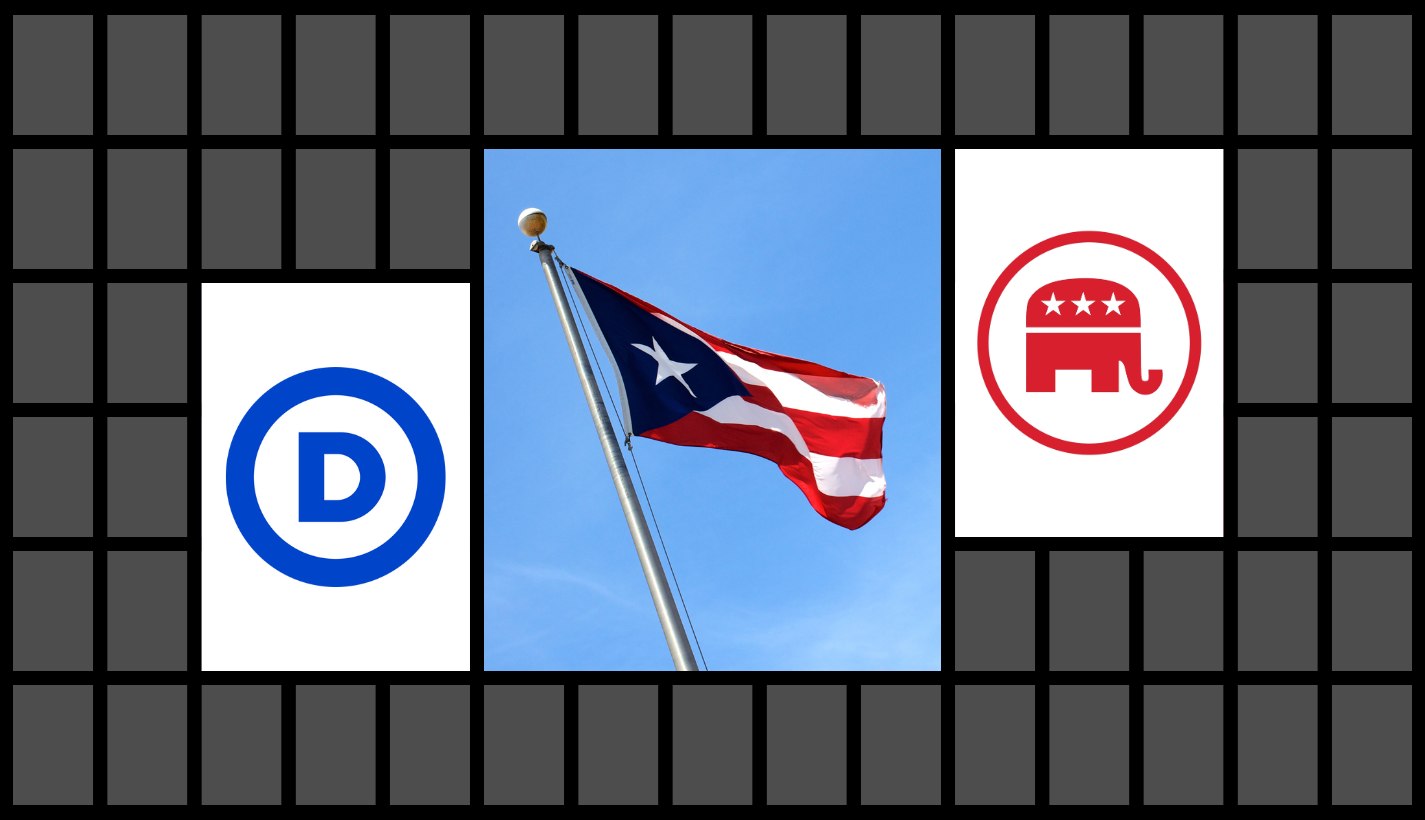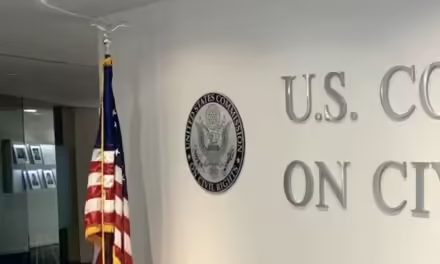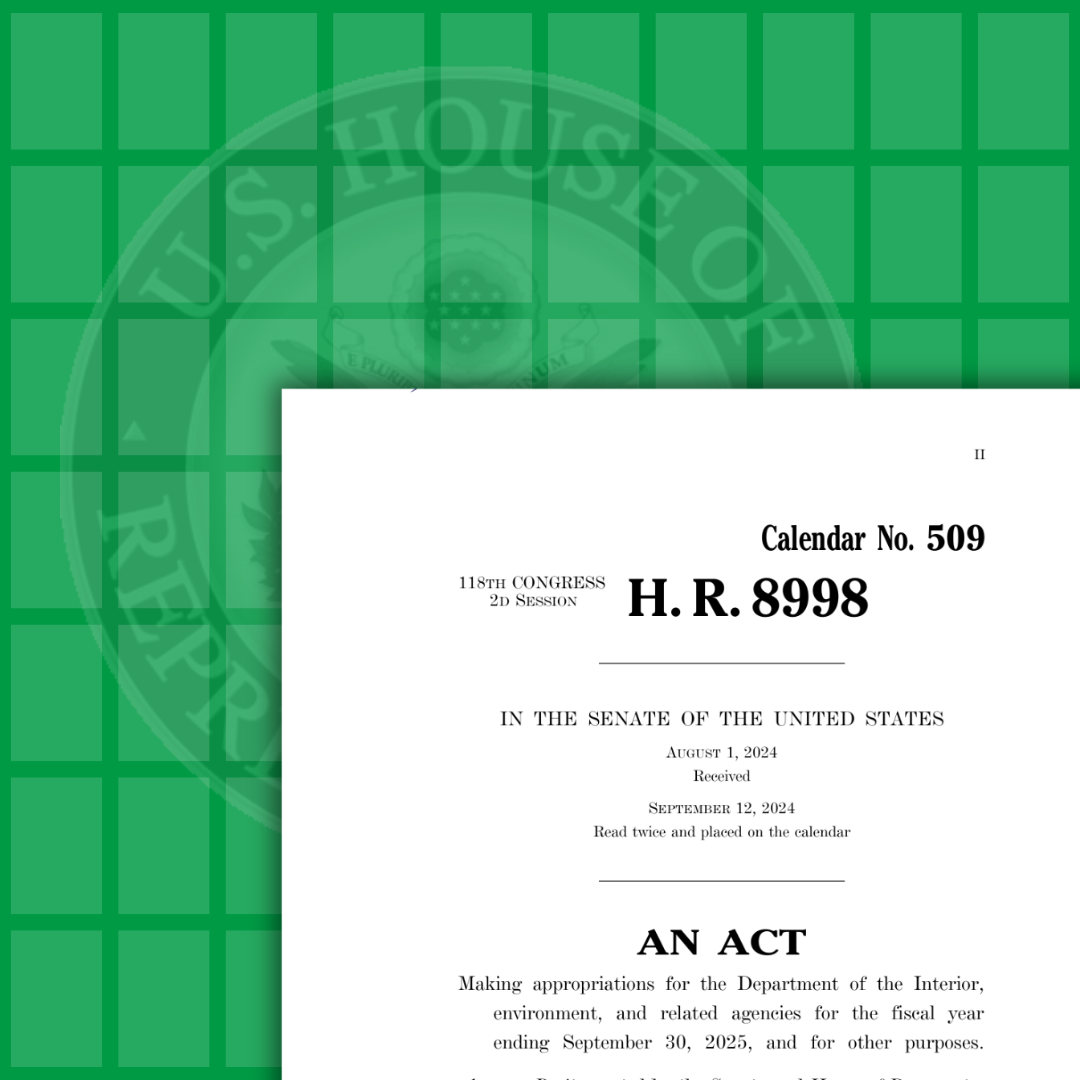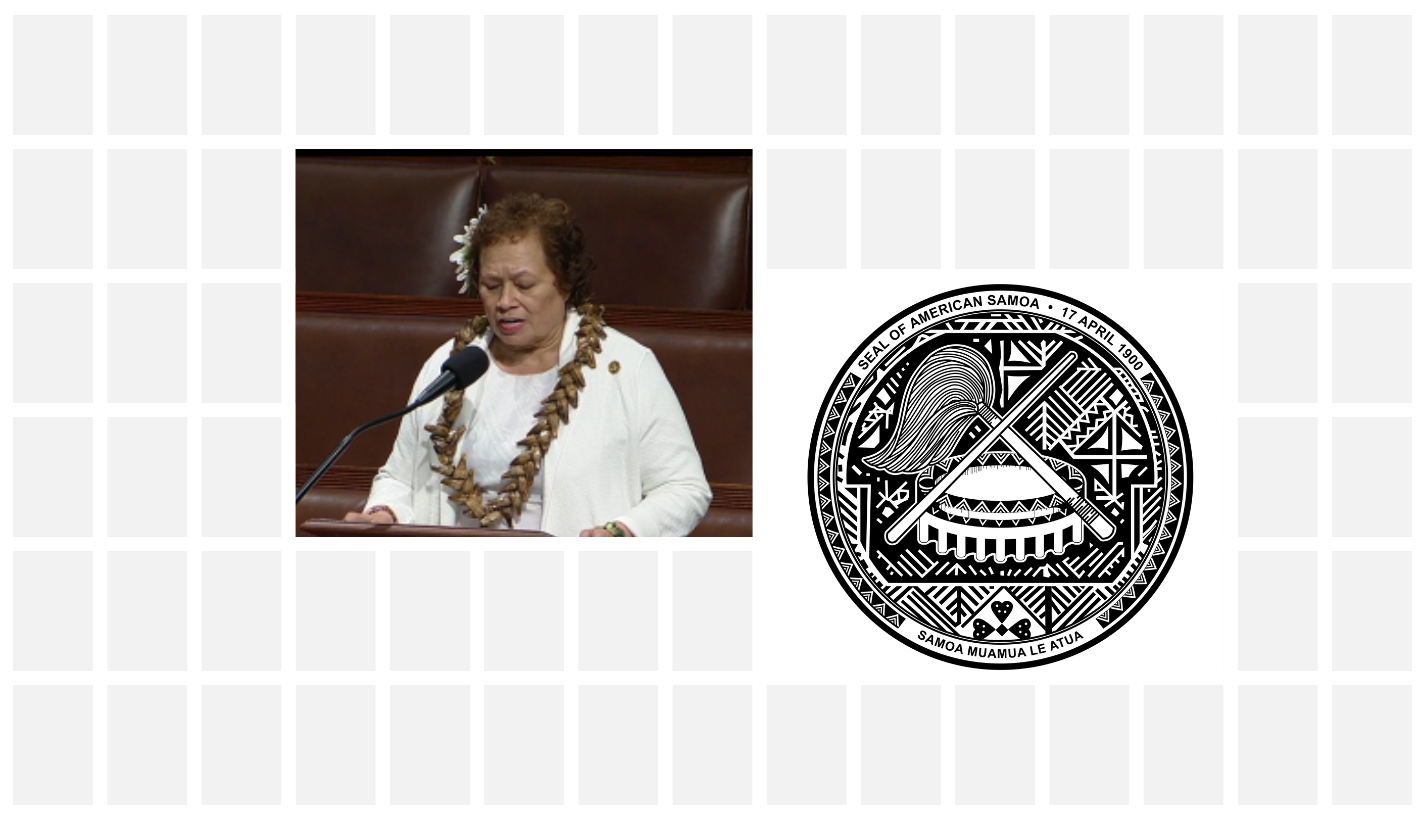The United States has seen record-high temperatures recently, with some parts of the country experiencing temperatures above 100 degrees. Nearly 88% of the western United States is experiencing extreme drought, which holds numerous dire implications for the country as a whole. In states such as California, nearly 2 million residents are under a water shortage emergency as the state struggles with severe drought. Even worse, the wildfire season is expected to be particularly damaging this year due to the widespread dry conditions; parts of Wyoming, Utah, Colorado, and Arizona have been declared as “critical” or “extreme” by the Storm Prediction Center’s fire weather outlook. Recent reports indicate that “this heat wave and the exceptional drought…are part of a damaging feedback loop enhanced by climate change… the hotter it gets, the drier it gets; the drier it gets, the hotter it gets.”
In the US territories, the effects of climate change are just as dire. Warmer ocean water temperatures contributed to Hurricane Maria in September of 2017, which brought Puerto Rico more rain in one day than the islands’ average in three months. Moreover, human health risks, stronger cyclones, coral reef death, and coastal flooding are among the major challenges people in American Samoa face, and many islanders struggle with the decision to flee their homes or stay and fight these increasingly frequent—and often life-threatening—realities. In the Northern Mariana Islands, climate change poses a threat to the coral reefs that inject millions of dollars into the economy. Not only that, but rising temperatures negatively impact human health, and more severe tropical storms mean greater potential for loss of life, damage, and public health issues.
As individual states across the country search for an effective way to prevent climate change, the question must be asked: what are the US territories doing to help? Puerto Rico’s Climate Change Council has worked to increase awareness of the effects of climate change for years; in 2019, then Governor Ricardo Rosselló signed a climate change initiative into law that calls for the islands to reduce their carbon emissions by 50% in the next five years and transition to 100 percent renewable energy by 2050. Moreover, Guam is expecting $6 million as part of a federal program to aid the effects that climate change has had on state and territorial governments. Using these federal dollars, the Guamanian administration plans to preserve limited natural resources and build a more sustainable island.
Furthermore, the American Samoa Environmental Protection Agency supports initiatives such as using “Green Building” technology for government projects, using alternative energy sources such as wind farms and solar arrays, restricting the importation of older, less efficient vehicles, and increasing awareness of the public.
Despite all these efforts, enduring complications—both seen and unseen—continue to exacerbate the effects of climate change. As dangerously high temperatures rage on, islanders and mainlanders alike can only hope that decisive change is made soon.












0 Comments
Trackbacks/Pingbacks